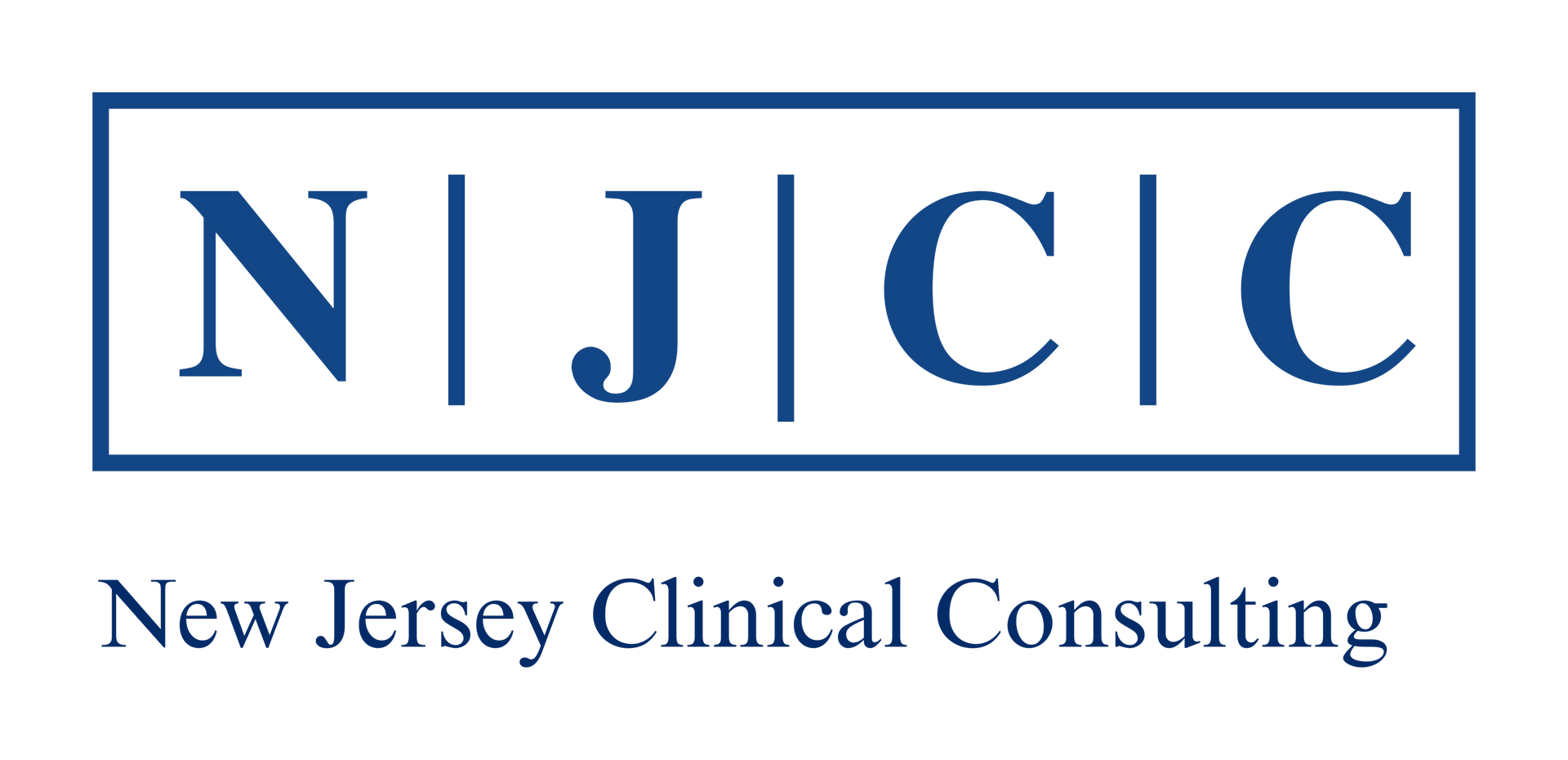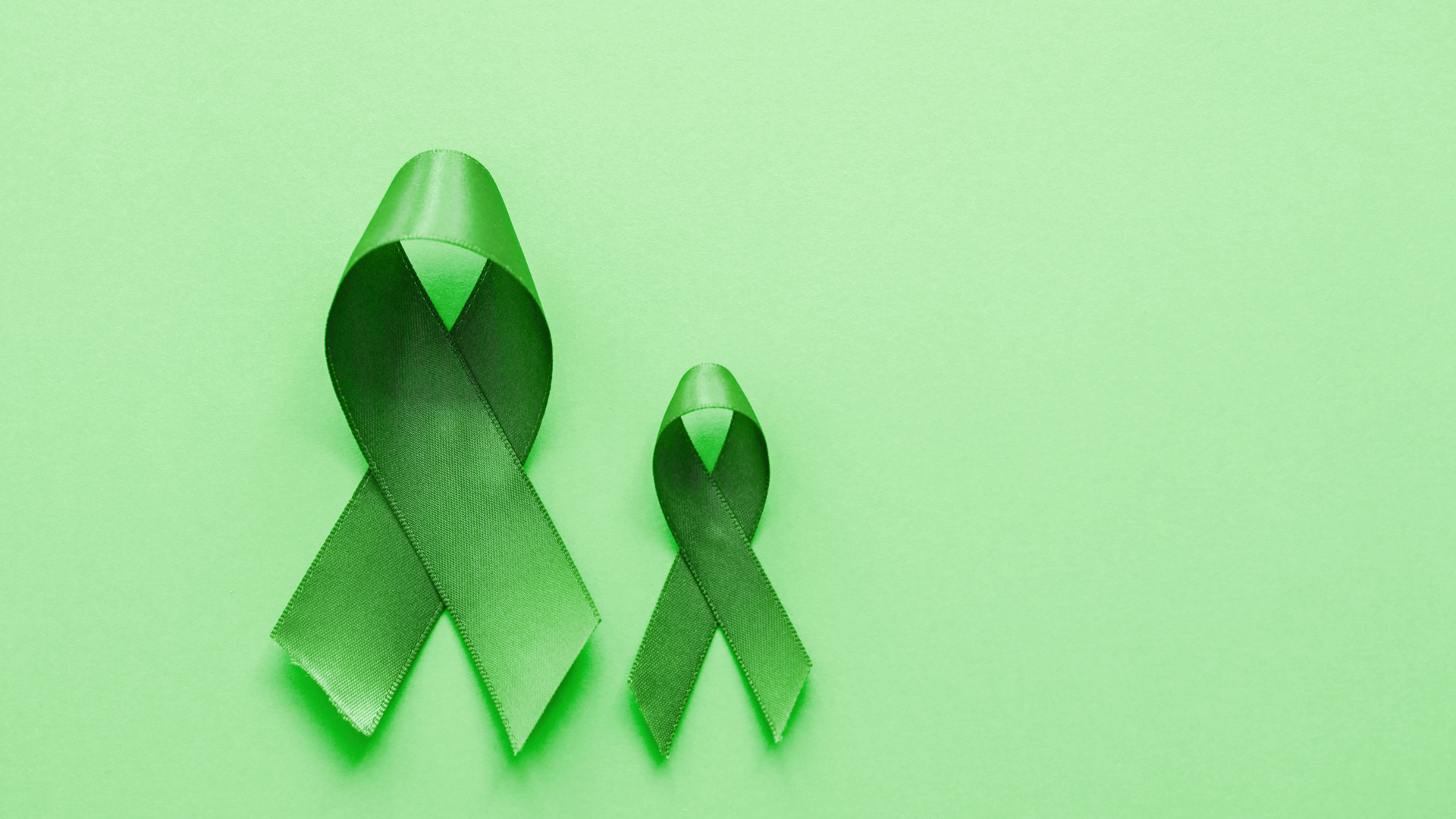Raising awareness for the month of May
As Mental Health Awareness Month rolls around in May 2023, it is crucial for healthcare professionals, including social workers, nurses, and physicians in hospital settings, to come together and raise awareness on this critical topic. This year, let's strive to foster a deeper understanding of mental health, break the stigma, and support those struggling with mental health issues. The following will provide recommendations on how to effectively support Mental Health Awareness Month and information about the 988-crisis hotline.
Start with Educating Yourself and Others
To support Mental Health Awareness Month, it is essential to educate yourself and others about mental health conditions, treatments, and resources. Familiarize yourself with the latest research, guidelines, and best practices. Share this knowledge with your colleagues, patients, and their families.
The National Alliance on Mental Illness (NAMI) also has a wealth of resource and education for Mental Health and May’s Awareness Month. Learn more at: https://www.nami.org/Get-Involved/Awareness-Events/Mental-Health-Awareness-Month
As Dr. Patrick J. Kennedy, a mental health advocate, and former U.S. Representative, once said, "The only way we'll ever change our nation's approach to mental health is through knowledge and understanding."
Encourage Open Dialogue
Promote a culture of open dialogue about mental health within your workplace. This not only helps break down the stigma associated with mental health but also encourages individuals to seek help if needed.
Dr. Marsha Linehan, a renowned psychologist and developer of Dialectical Behavior Therapy, advises that "validation is one of the most important tools in breaking the stigma around mental health."
Show Empathy and Active Listening
Collaborate with Mental Health Professionals
Collaborate with mental health professionals within your network or hospital setting to organize workshops, webinars, or support groups to raise awareness about mental health issues. These events can provide education, resources, and support to both healthcare workers and patients.
Advocate for Policy Change
According to the National Institute of Mental Health, nearly one in five adults in the United States lives with a mental illness. As healthcare professionals, we must advocate for better mental health policies and ensure that our patients have access to quality mental health care. Speak up about the importance of mental health care in meetings, conferences, and policy discussions.
Share Mental Health Resources
The 988 Crisis Hotline
In July 2022, the United States implemented the 988 crisis hotline as a three-digit, easy-to-remember number for individuals experiencing a mental health crisis. As a healthcare professional, you can help raise awareness about this essential resource. Ensure your patients and their families know about the 988 hotline and understand how it can provide immediate support in times of need.
Learn more about 988 and resources by checking out: https://www.samhsa.gov/find-help/988/partner-toolkit
Healthcare professionals can effectively support Mental Health Awareness Month by educating themselves and others, promoting open dialogue, practicing empathy and active listening, collaborating with mental health professionals, advocating for policy change, sharing resources, and promoting the 988 crisis hotline.
As we come together to raise awareness, consider the words of mental health advocate and author Glenn Close - "What mental health needs is more sunlight, more candor, and more unashamed conversations."








